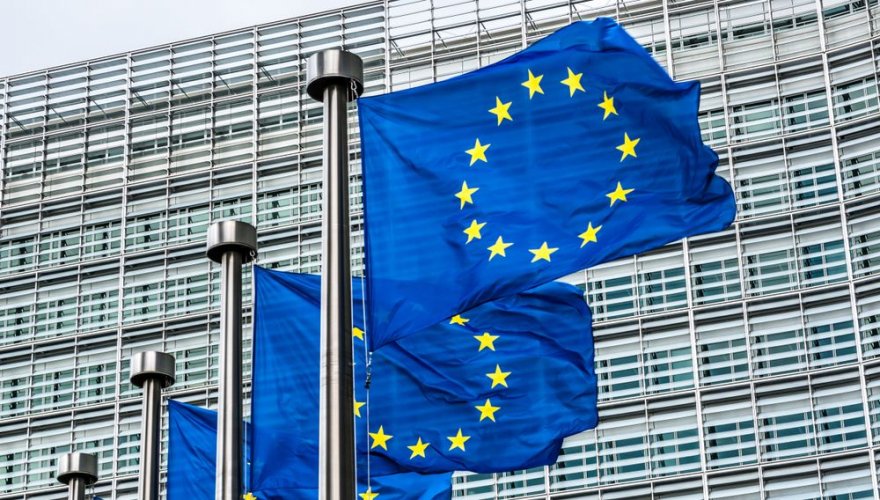The four largest political groups in the European Parliament have submitted joint amendments to the revised law on energy efficiency and propose to increase the energy saving target to 14.5% by 2030.
This will be the first time that energy saving will become a legal obligation for EU member states, making it more likely that the target will be met, reports EURACTIV.
The initiative was joined by the center-right European People's Party (EPP), Socialists and Democrats (S&D), the centrist party "Renew Europe" (RE) and the Greens.
In May, the European Commission already proposed raising the EU's energy efficiency target to 13% by 2030, up from the 9% figure it proposed in July 2021.
As the war drags on and russia threatens to completely cut off supplies to Europe ahead of next winter, lawmakers in the European Parliament decided to raise the stakes and further raise the EU's efficiency target.
"This agreement has broad political support in the European Parliament, which shows the will to implement it," said Nils Fuglsang, a Danish S&D lawmaker who is the parliament's leader on the revised directive. – "At this time of the energy crisis, when Putin is cutting off gas supplies to the EU, we need to save more energy, and we must do this by setting high and binding energy efficiency targets for the EU as a whole and for individual member states."
The main focus is to increase the energy efficiency target by 14.5% by 2030 compared to the baseline scenario of 2020.
"This corresponds to a 40% reduction in final energy consumption and a 42.5% reduction in primary energy consumption, respectively, compared to the 2007 Baseline Scenario projections for 2030," MEPs said.
The current EU target is to reduce energy consumption by 32.5% based on 2007 forecasts.
An additional 14.5% reduction results in 740 million tonnes of oil equivalent (Mtoe) of final energy consumption and 960 Mtoe of primary energy consumption respectively by 2030, according to the joint proposal.
In addition, public authorities in EU countries will be required to reduce energy consumption by at least 2% each year to ensure that the public sector fulfills its role. This is more than 1.5% in the Commission's previous plans.
EU member states will, however, retain full flexibility to choose energy efficiency measures to meet the final energy consumption target.
A key point for Danish MEP Pernille Weiss and the EPP is that the joint amendments recognize the differences between EU member states.
"We have different infrastructures, industries and buildings all over Europe," she explained.
According to her, the compromise gives EU countries the necessary flexibility in setting their national contributions, allowing them to take into account different national circumstances affecting energy consumption, such as GDP forecasts, the use of renewable energy sources, the development of storage technologies and the overall level of ambition in national decarbonisation plans. .
As part of this flexibility, EU countries will be able to count fossil fuel savings towards one third of their savings commitments until mid-2028. Member states will also have the freedom to decide on requirements for the reconstruction of social housing, which are not defined in the same way across the 27 EU countries.
However, the compromise texts also provide for the establishment of mandatory national contributions to energy efficiency by 2030. And every four years, large companies will have to conduct an energy audit, the recommendations of which will be mandatory.
The amended directive is expected to be easily adopted when Parliament's industry committee votes on the proposal.
The full Assembly will hold a debate on the revised directive in September. If none of the political groups in the parliament ask for a plenary vote, the file will be sent directly to the so-called trilogue negotiations with the 27 EU member states in the EU Council of Ministers to finalize the legislation.
The ultimate goal and measures to achieve it will be at the heart of negotiations with the Council, which agreed its position on June 27.
Earlier EcoPolitic reported, that the ministers of energy of the countries of the European Union agreed on energy conservation laws and promotion of renewable energy sources.
As EcoPolitic previously wrote, The International Energy Agency announced 10 strategic principles, which will make it possible to strengthen the policy of energy efficiency in the world and by 2030 to ensure one-third of emission reductions against the indicators of 2020.





